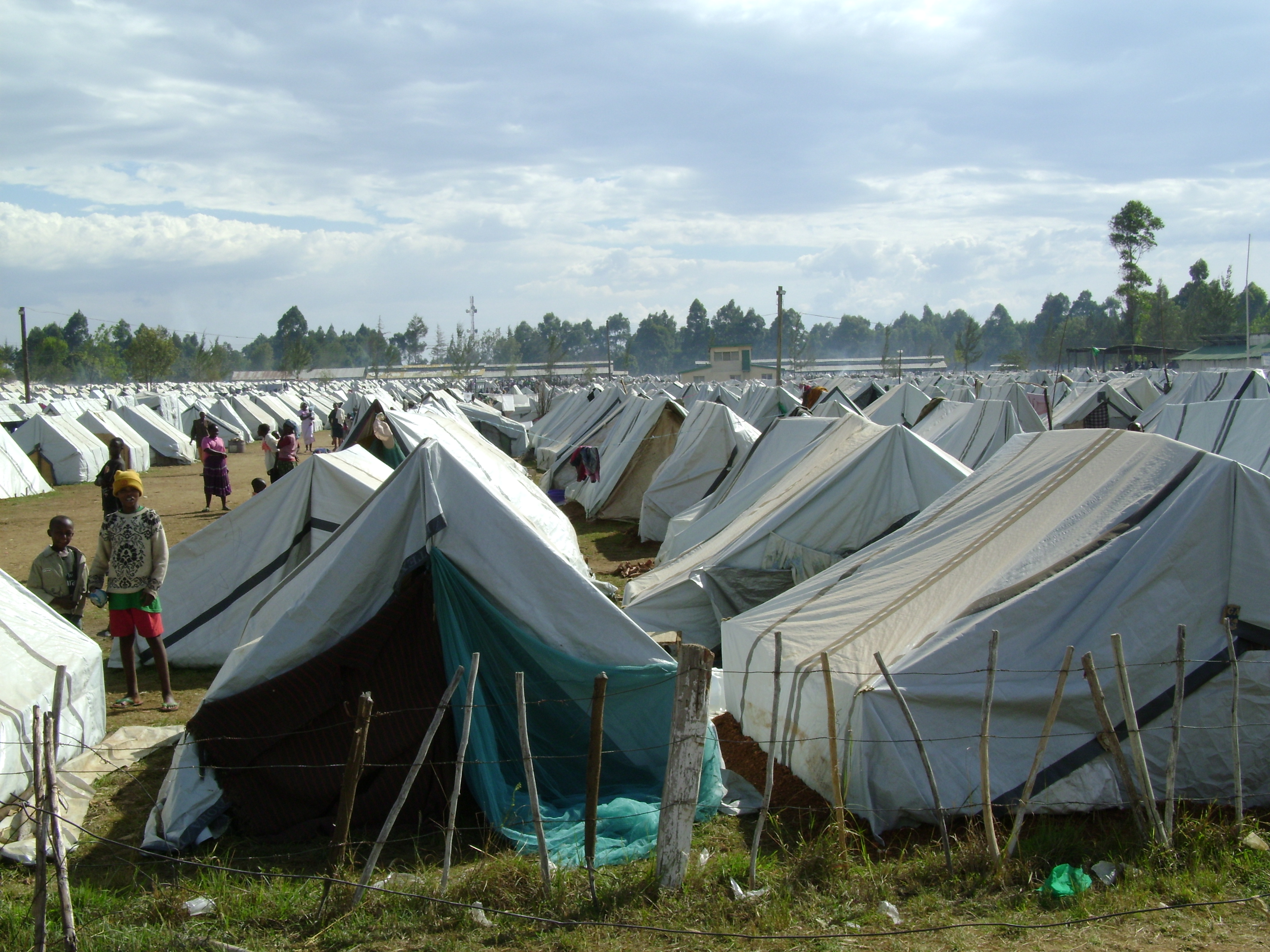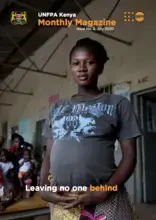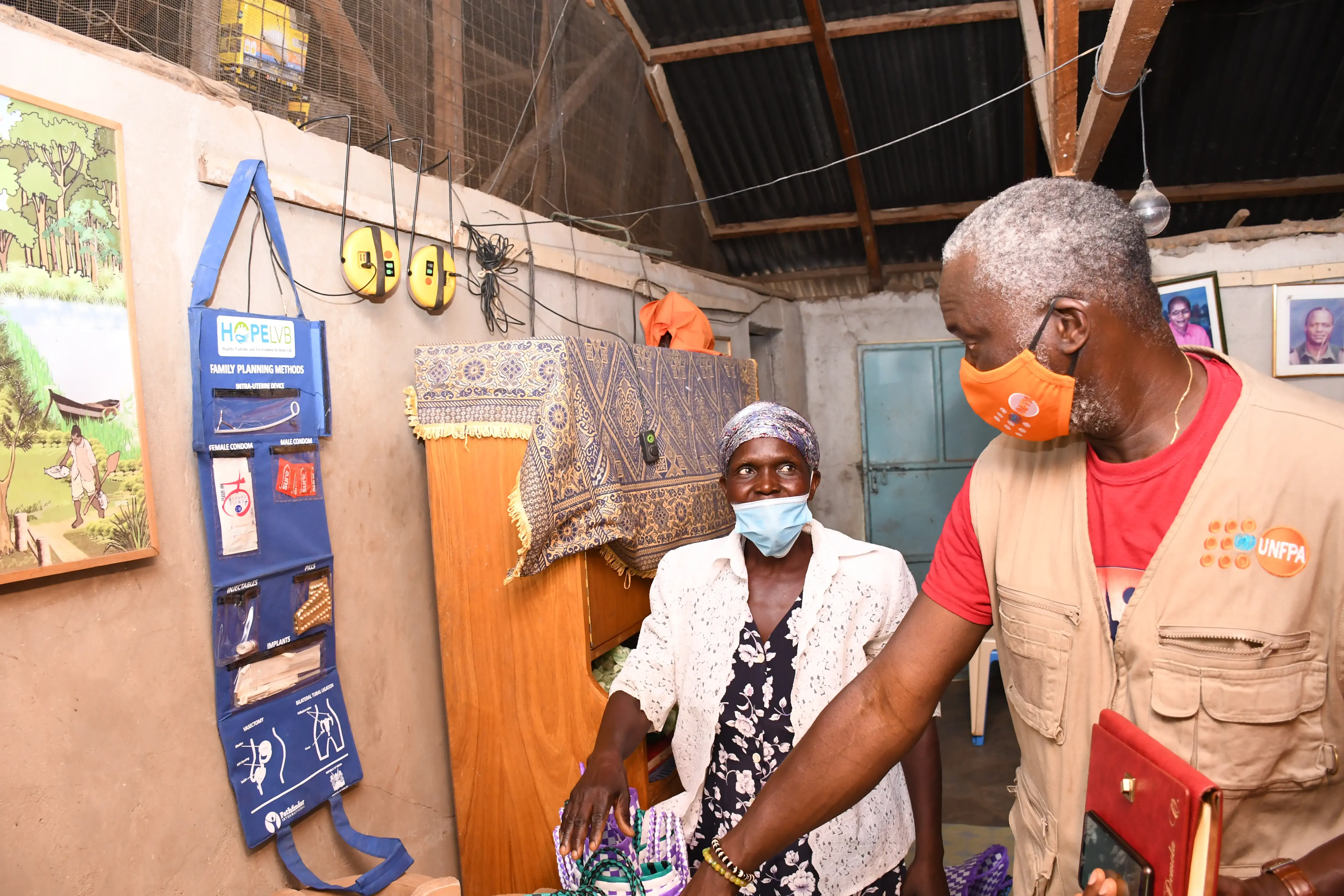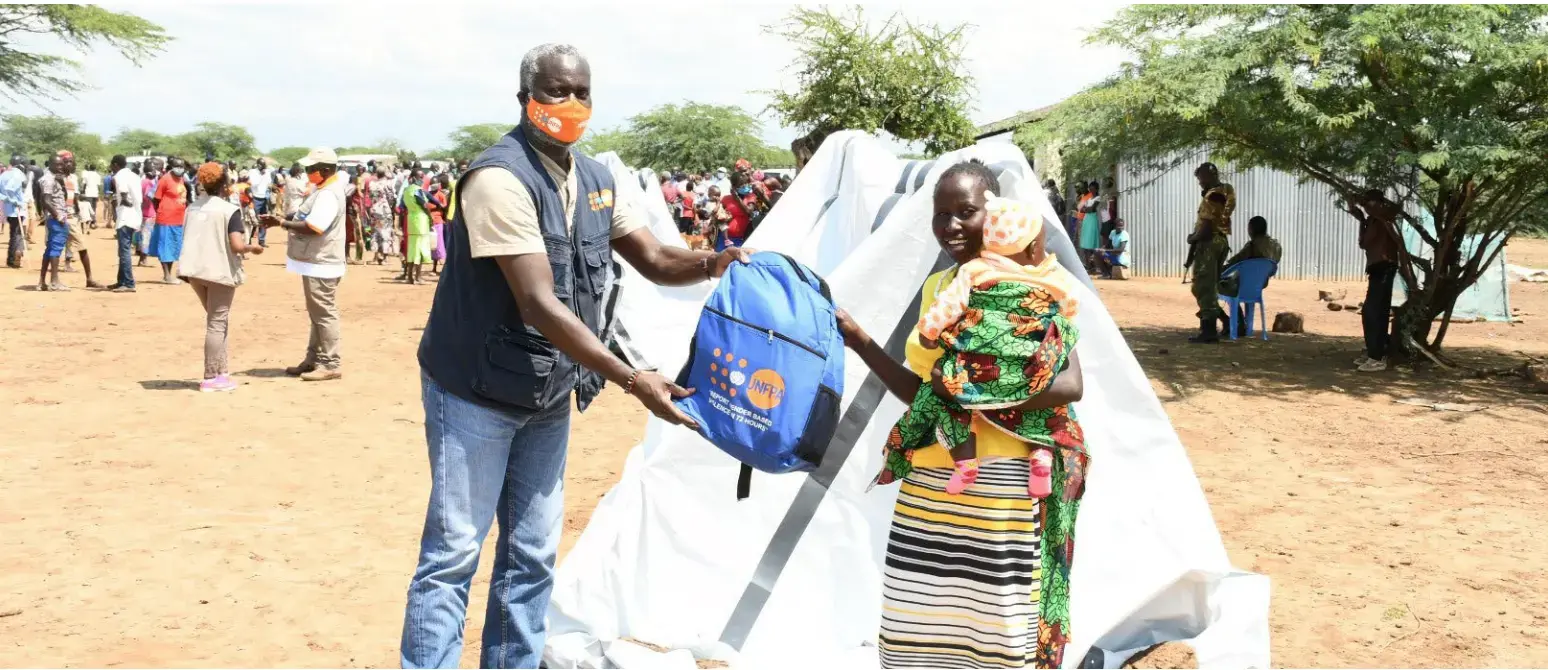c
A four-day workshop aimed at enhancing the coordination and timeliness of UNFPA humanitarian response within the region will open in Nairobi at the Laico Regency Hotel on Tuesday, May 28, 2013. Participants have been drawn from Kenya, Ethiopia, Eritrea, Madagascar, Malawi, Mozambique, South Africa, South Sudan, Zimbabwe, Botswana, Comoros, Namibia, Burundi, Swaziland, Uganda, Lesotho, Democratic Republic of Congo, Denmark and USA (New York Headquarters.
The workshop is a consolidated effort under the leadership of the Humanitarian and Fragile Contexts branch of UNFPA Headquarters and the East and Southern Africa Regional Office (ESARO). UNFPA Kenya Representative (a.i.) Dr. Benjamin O. Alli will officially open the workshop.
The endorsement of the second generation humanitarian strategy in 2012 and its two key implementation instruments, namely the Standard Operating Procedures in Humanitarian Settings (SOPs), and the Fast Track Procedures (FTPs) raised the need for the regional gathering that is expected to increase the knowledge of the participants on the application of UNFPA's policies and procedures in humanitarian settings. The SOPs and FTPs were borne out of the realization that there was urgent need for UNFPA to optimize its systems in order to facilitate timely, scalable and sustainable response to humanitarian settings.

Since the endorsement of the strategy and its implementation instruments by the UNFPA Executive Committee, six East and Southern African countries have activated the FTPs, namely Kenya, Uganda, Ethiopia, Mozambique, Democratic Republic of Congo, Comoros and Swaziland. The main humanitarian issues in the region include the protracted Somali refugee situation in North East Kenya; the protracted conflict from socio-political instability in the Democratic Republic of Congo with episodes of renewed fighting among government forces and militia resulting in new internal displacements and spillover of refugees into neighboring countries notably Rwanda and Uganda, and the protracted drought affecting Malawi, Angola, Zimbabwe, Lesotho and Madagascar. Recurrent seasonal floods have adversely affected most of the countries already suffering from drought and in virtually in the same areas such as Mozambique and Malawi.
The main challenges faced by UNFPA country offices include the lack of capacity to respond in a timely and appropriate manner, the lack of resources in some of these countries who are battling with poverty as well as other development issues, the lack of preparedness coupled with lack of funding. Raising awareness about UNFPA lifesaving work has become crucial, especially in humanitarian settings and politically sensitive environments.
Moreover, with the inception of new fund-wide communication strategy, effective and coordinated communications in emergencies has also become a priority. So as to highlight the importance of communication in all aspects of UNFPA's humanitarian action including principles of ‘information as aid', the workshop participants will also be trained on critical components of communicating in emergencies.
By the end of the workshop, participants will be able to list the key emergency functions, roles and responsibilities of UNFPA units (country, region and headquarter levels) based on the three levels of emergency response as per UNFPA's SOPs in humanitarian settings.
Participants will also be able to request and obtain additional funding and human resources as needed for an emergency response and identify the most suitable programming modalities for UNFPA's humanitarian response.
Ultimately, the participants will gain a better understanding of critical components of communicating in emergencies and how communication can contribute to organizational visibility.




